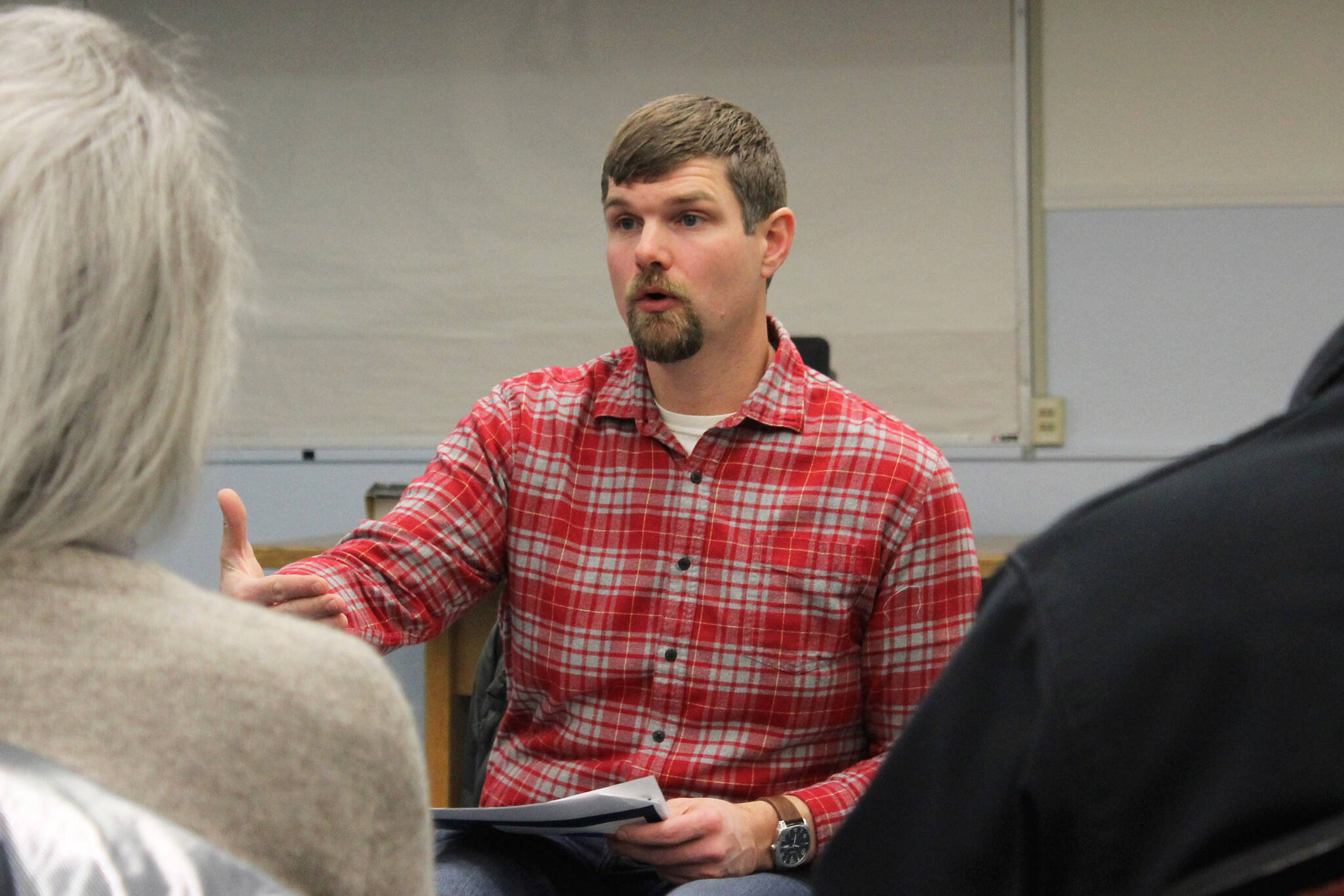Getting hurt on the job is always a costly event. In the Senate Labor and Commerce Committee, which I chair, we are working to better protect injured workers and help get them back to work more quickly. We need to change expensive provisions for employers and provide more effective rehab resources for injured workers.
SB 147 would update Alaska’s workers’ compensation laws to extend the deadline for required eligibility evaluations to give employees more time for recovery and save the cost of repeat evaluations. The bill also updates the maximum amount an employer may pay for a reemployment plan to better ensure it provides effective training for modern jobs.
SB 206 would create a voluntary stay-at-work program to help keep injured workers in the workplace and speed up the process of recovery after a workplace injury. It addresses the in-between places where a worker may be able to work but is not yet able to return to their original duties. Injured workers could choose to return to work with modified duties, instead of having to remain off work during their recovery.
Finally, SB 183 improves management of the Workers’ Comp Benefits Guaranty Fund. Sometimes injured workers must wait to receive benefits to cover medical costs and lost wages due to insufficient funds. SB 183 ensures that there are funds available to make timely payments these workers have earned.
My other work in Juneau this week included supporting kids in Alaska’s foster care system and Alaska’s workforce development and educational institutions.
It’s an unfortunate and heartbreaking truth that sometimes a child must be removed from the care of their parents. The State of Alaska must ensure that these kids receive the best possible care while they are in the State’s custody. Studies show that every time a child is moved from one placement to another, there is an impact on the child, an effect that is magnified if the child is under six. I introduced SB 181 to help address these concerns and improve the outcomes for our kids in foster care. The bill creates a 30-day timeline with specific requirements regarding family searches to help place kids with family more quickly. This will help minimize the number of placements a child may experience. SB 181 also provides the State with more latitude to make placement decisions that are in a kid’s best interest.
In support of workforce development, the Alaska Education Tax Credit Program included in SB 120, continues to advance. The program allows Alaska corporations to offset their tax burden by supporting workforce development. SB 120 increases the amount a corporation can donate annually to $5 million and expands the types of educational institutions eligible for donations.
I’m holding town hall meetings in Cooper Landing and Moose Pass on Saturday, Feb. 17 and in Kenai and Nikiski on Saturday, Feb. 24. Can’t make it? You’re welcome to call my office at 907-283-7996 or email me at Sen.Jesse.Bjorkman@akleg.gov. I hope you’ll stop by to share your questions and ideas.

